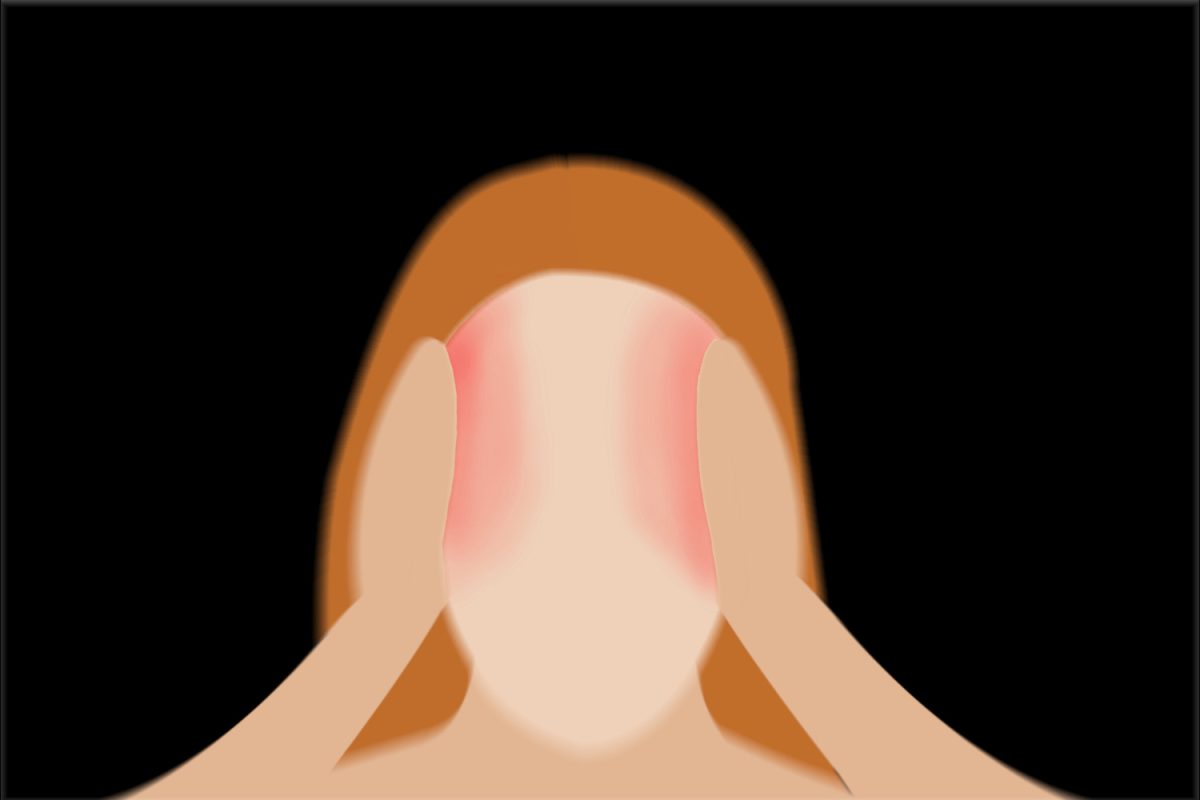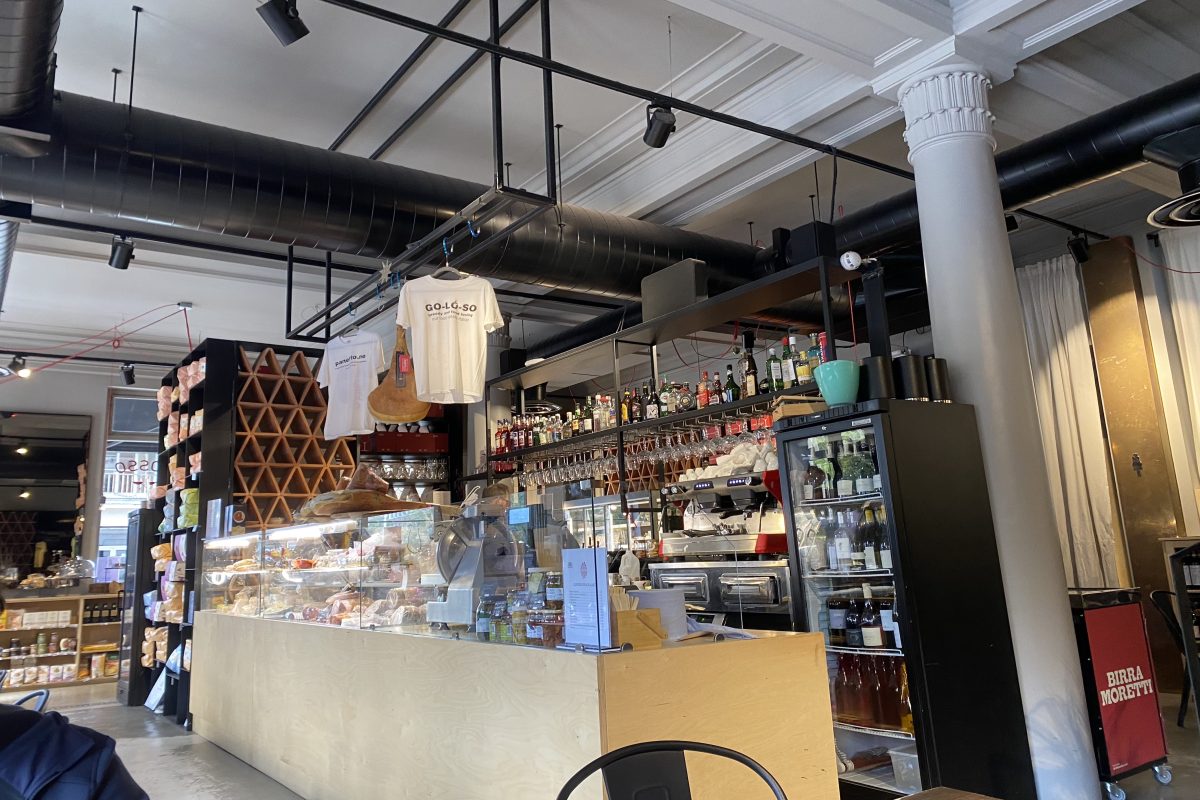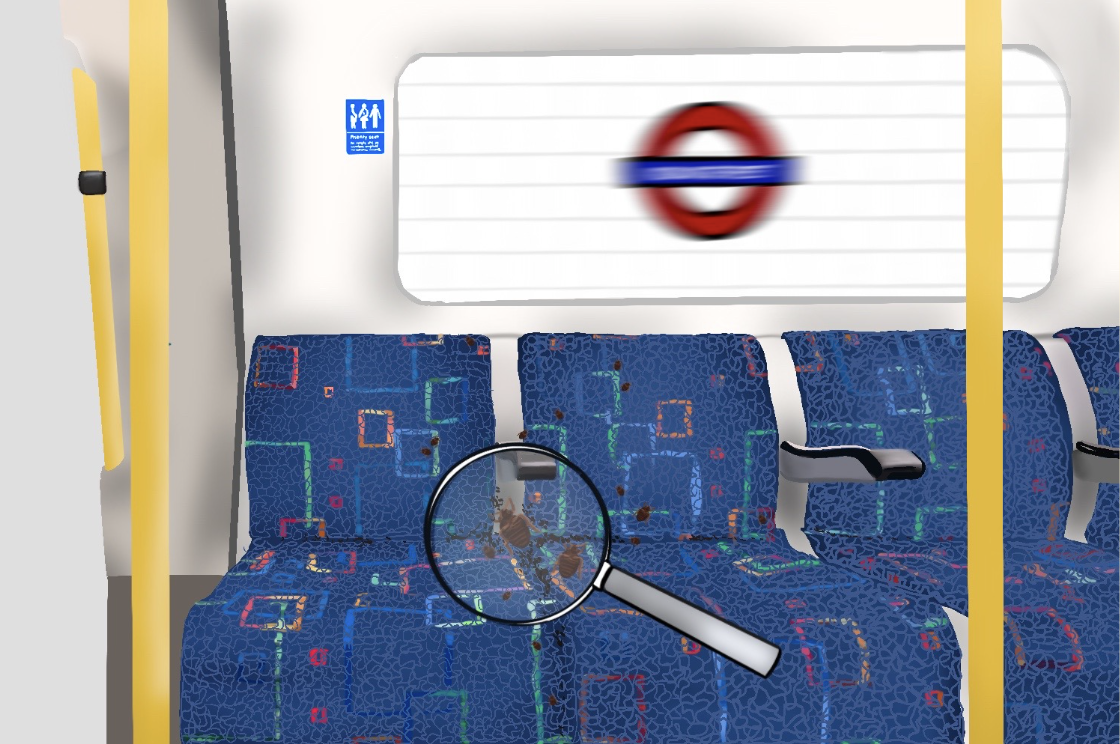Empty seats don’t stay vacant for long on the London Underground. Bustling crowds of Londoners rush into the tube, fighting for a place to sit with no second thought. Recently, however, I have noticed more passengers standing than sitting, perhaps in fear of encountering bacteria growing in seat cushions.
Public transport is efficient and cheap compared to taxis, making it a popular mode of transport for many Londoners, including a significant number of students commuting via buses and the tube.
Approximately two million people use the tube daily, according to the Mayor of London. As a result, the seats, handrails and glass of the underground are hotspots for bacteria and viruses. This has been exemplified by the recent bed bug sightings on the Victoria line of the London underground, according to The Guardian. In addition, these hotspots for bacteria and viruses have raised pressing concerns about antibiotic resistance.
On London public transport, 121 different bacteria and molds were discovered, including nine life-threatening antibiotic-resistant superbugs, according to a study done by Staveley Head with London Metropolitan University.
Despite TfL sanctioning a daily pre-service cleaning and deep cleaning every 21 to 28 days, surfaces still remain contaminated, which raises questions about the effectiveness of these efforts and how they can be improved.
Bacteria and germs are especially harmful because antibiotic resistance is growing rapidly, according to World Health Organization Assistant-General for Health Systems and Innovation Dr Marie-Paule Kineny. With increased immunity to antibiotic medication, tubes impose even more of a major safety hazard.
These reports highlight the urgent need to find more effective methods of cleaning public transportation to improve hygiene standards. In addition, as passengers, we must be aware of the contamination we sit on and act to avoid direct contact with the infested cushions.
More frequent deep cleanings must be implemented to combat bed bug infestations and general filth accumulation between seats and other surfaces.
Furthermore, a study conducted by SpaSeekers discovered that the Northern line is amongst the most polluted tube lines, exposing commuters to airborne pollution levels six times above the WHO limit.
These high levels of pollutants impact passengers’ skin can cause skin inflammation, irritation and blemishes according to studies. The impact that the contamination of the tube has on the skin emphasizes the urgency for a new and improved cleaning system to mitigate health risks associated with pollution.
In an Instagram video posted Oct. 6 by user @_likealeaf, a passenger hits the bus cushions with a mallet, releasing a cloud of brown dust into the air.
The vibrant patterns chosen as the main material for bus and tube seats are unusual for a reason; they appear clean-looking without needing much maintenance.
Instead of maintaining the cleanliness of transport seats, TfL chooses to avoid it by disguising filth. To ensure regular cleaning, material choices must be more transparent. For instance, our transport system can adopt plastic seats like those in New York subways. This alternative would not only enforce hygiene standards, but would also be easier to maintain.
It is ignorant to disregard the cleanliness of London transportation seating simply due to the invisibility of bacteria. Dust emerges from that cushion and clings to your clothing, eventually following you home to the bed you sleep on; not a particularly easy thought to fall asleep to.
London’s public transport is a luxury: its accessibility allows for it to be economically and physically convenient for all. Nonetheless, I ask TfL to think of the well-being of their passengers by altering their cleanliness standards and practices.











